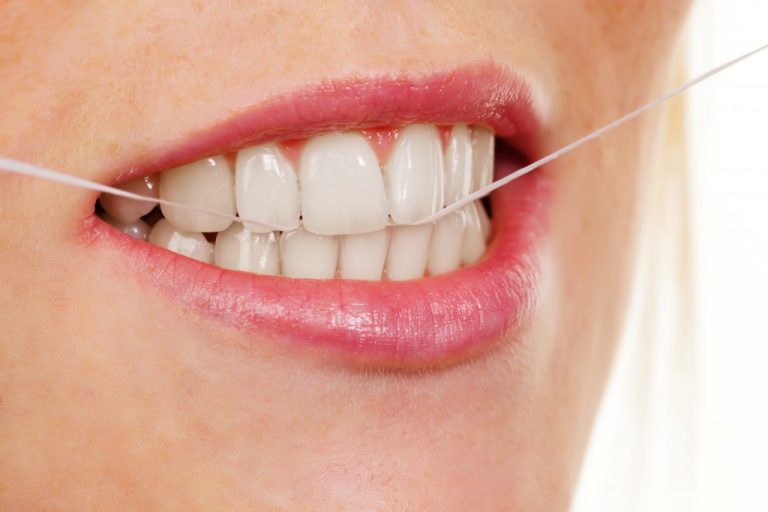Did you know that your mouth is home to over 700 different types of bacteria? And while some of these bacteria are actually beneficial to our health, others can be quite harmful. When the harmful bacteria in our mouths multiply, they can cause infections and diseases.
So, how exactly can our oral health affect our overall health? Well, here are a few ways:
Oral Infections Can Lead To Serious Health Problems
Oral infections can spread to other body parts if left untreated and cause serious health problems. For example, a condition in the gums (gingivitis) can lead to periodontitis, which is a severe infection of the tissues and bones that support the teeth. Periodontitis has been linked to an increased risk of heart disease, stroke, and diabetes.
While most cases of gingivitis can be treated with good oral hygiene and regular professional cleanings, more severe cases may require antibiotics or surgery. So, if you notice any changes in your gums, be sure to see your dentist right away.
Oral Hygiene Can Help Prevent Heart Disease
While the link between oral health and heart disease is not fully understood, some evidence suggests that bacteria from the mouth can enter the bloodstream and contribute to the formation of plaques in the arteries. Plaque is a sticky substance that can harden over time and narrow the arteries, making it difficult for blood to flow through them. This can lead to a heart attack or stroke.
So, how can you reduce your risk of heart disease? By taking care of your teeth and gums! Be sure to brush, floss regularly, and see your dentist for regular cleanings. You may also want to avoid tobacco products, as they can contribute to the development of plaque.
Poor Oral Hygiene Can Lead To Respiratory Infections
Bacteria from the mouth can also enter the lungs and cause respiratory infections, such as pneumonia. With pneumonia, the alveoli (air sacs) in the lungs become inflamed and fill with fluid. This makes breathing hard and can be very dangerous, especially for young children, the elderly, and people with weakened immune systems.

Therefore, taking care of your teeth and gums is essential to reduce your risk of respiratory infections. Let’s discuss some tips for good oral hygiene.
Tips For Good Oral Hygiene
Here are a few tips for keeping your mouth healthy:
1. Practice Good Oral Hygiene
It is important to brush your teeth at least twice a day and floss at least once a day. You should also use mouthwash to help kill bacteria and freshen your breath. You may also want to consider using an electric toothbrush, as they can be more effective at removing plaque.
2. Eat A Healthy Diet
Eating a healthy diet is essential for your overall health, but it can also help improve your oral health. Be sure to eat plenty of fruits and vegetables, as they contain vitamins and minerals that are good for your teeth and gums. You should also limit sugary and acidic foods, as they can damage tooth enamel.
3. See Your Dentist Regularly
Be sure to see your dentist for regular checkups and cleanings. This will help remove any plaque or tartar that has built up on your teeth and gums. Also, if you have any other concerns, like missing teeth, you can easily get teeth replacements that look and feel like your natural teeth. Your dentist can also help you get your teeth whitened if you are interested in that.
4. Quit Smoking
Smoking is one of the worst things you can do for your oral health. It increases your risk for gum disease, teeth discoloration, and even oral cancer. If you smoke, it’s important to quit as soon as possible. There are many resources available to help you quit, so don’t hesitate to ask your doctor or dentist for help.
5. Drink Plenty Of Water
Drinking plenty of water is good for your overall health, but it can also help keep your mouth healthy. Water helps rinse away food and bacteria, and it can also help prevent dry mouth. A dry mouth can lead to teeth and gum problems, so be sure to drink plenty of water throughout the day.
6. Use Fluoride
Fluoride is a mineral that can help prevent tooth decay. It’s found in many tubes of toothpaste and mouthwashes, and it’s also added to some water supplies. Fluoride can help repair teeth that have been damaged by acid, and it can also help prevent cavities.
There you go! These are just a few tips for keeping your mouth healthy. Following these tips can help reduce your risk of oral problems and keep your teeth and gums healthy.

